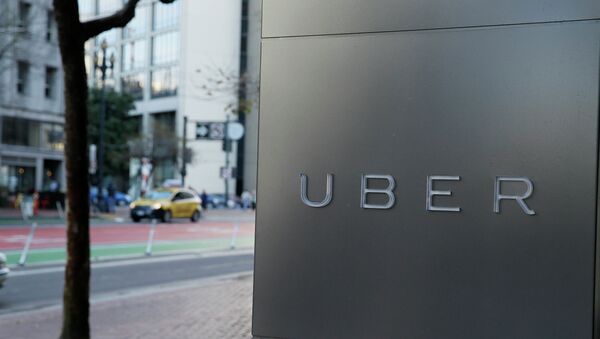In the report, Uber stated that they have been complying with agencies that request information on their users, including trips, trip requests, pickup and dropoff areas, fares, vehicles, and drivers.
“Our dedicated team of experts, who are trained to manage these requests, ensures that any disclosure of information is consistent with our internal policies and applicable law. For example, we may require a subpoena, court order, or search warrant before providing different types of information,” the report stated.
The ride-sharing company detailed that, between July and December of 2015, it received 415 requests from law enforcement agencies, providing them with information in 85% of the cases. A large percentage of the requests were regarding fraud or stolen credit cards.
“When we receive a request from law enforcement, we review it to ensure it satisfies legal requirements and will reject, or limit its scope otherwise. Among other things, requests must be narrowly tailored to a legitimate law enforcement need; we object to overly broad, vague or unreasonable requests,” the report continued.
Uber claims that in non-emergency situations they require law enforcement to use proper legal process, but, in emergencies, they work “expeditiously with law enforcement to ensure the safety of our riders and drivers.”
The company claims that they have not received any national security letters or orders under the Foreign Intelligence Surveillance act.



